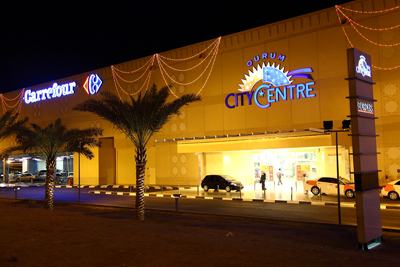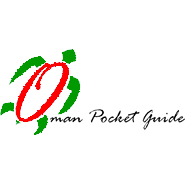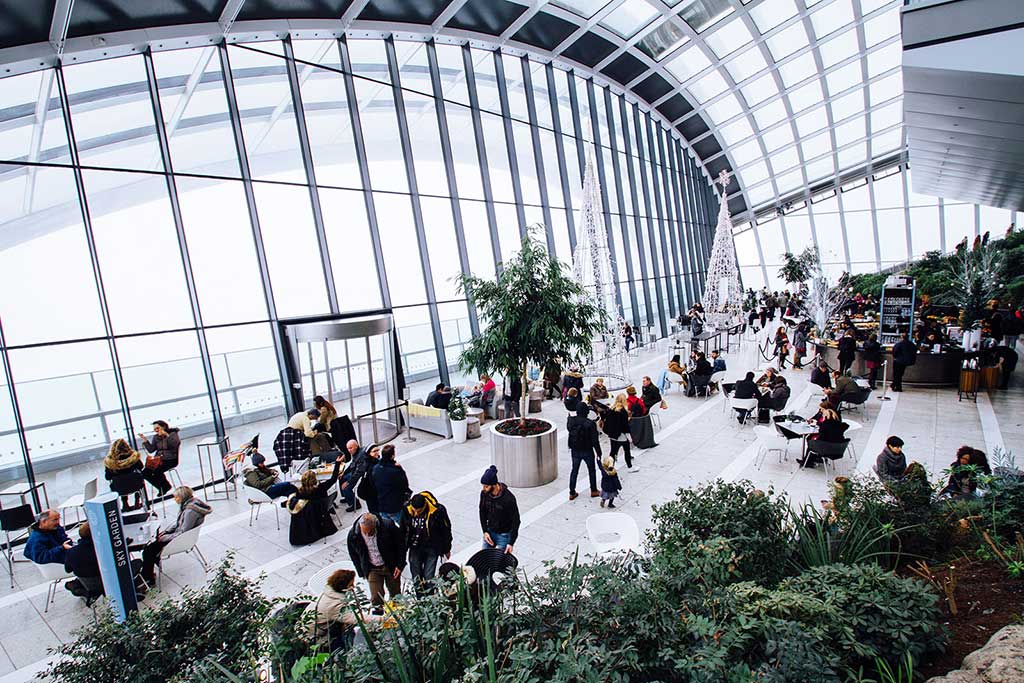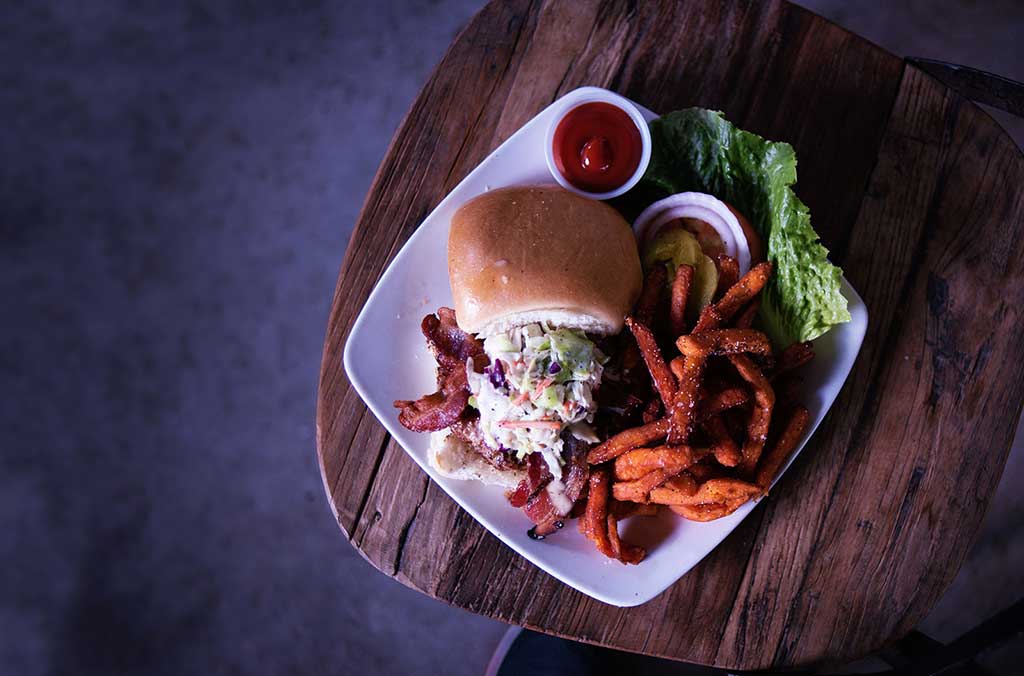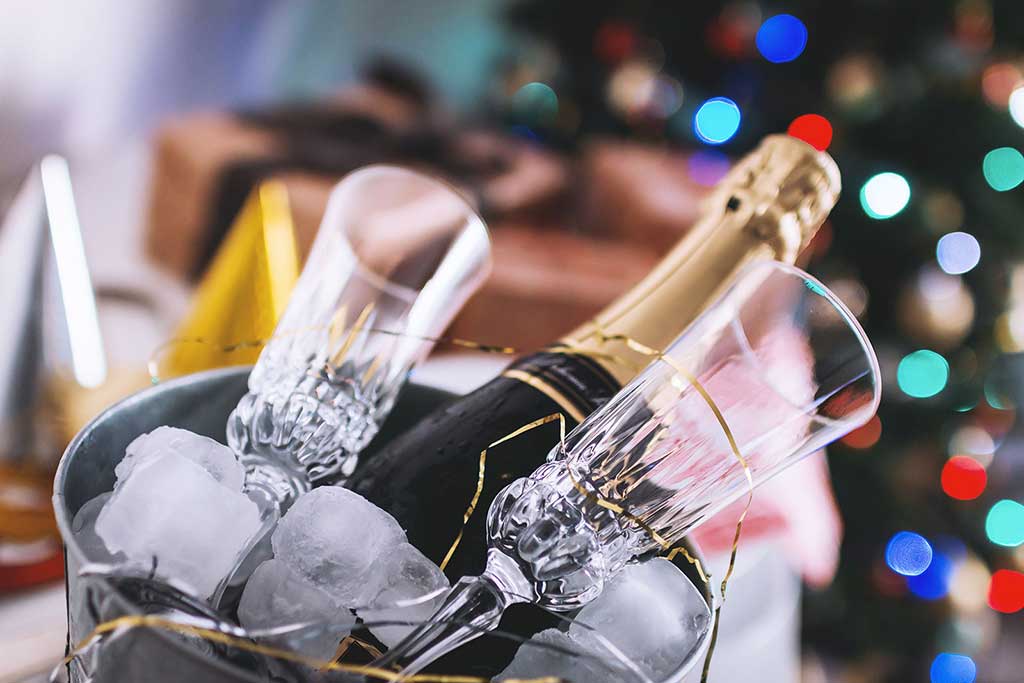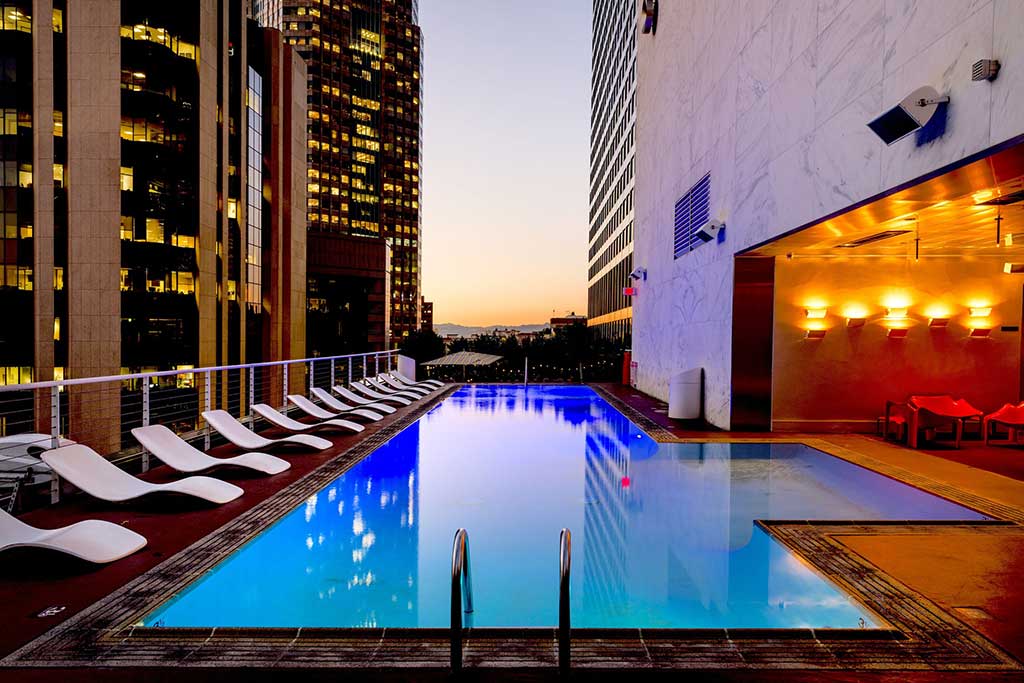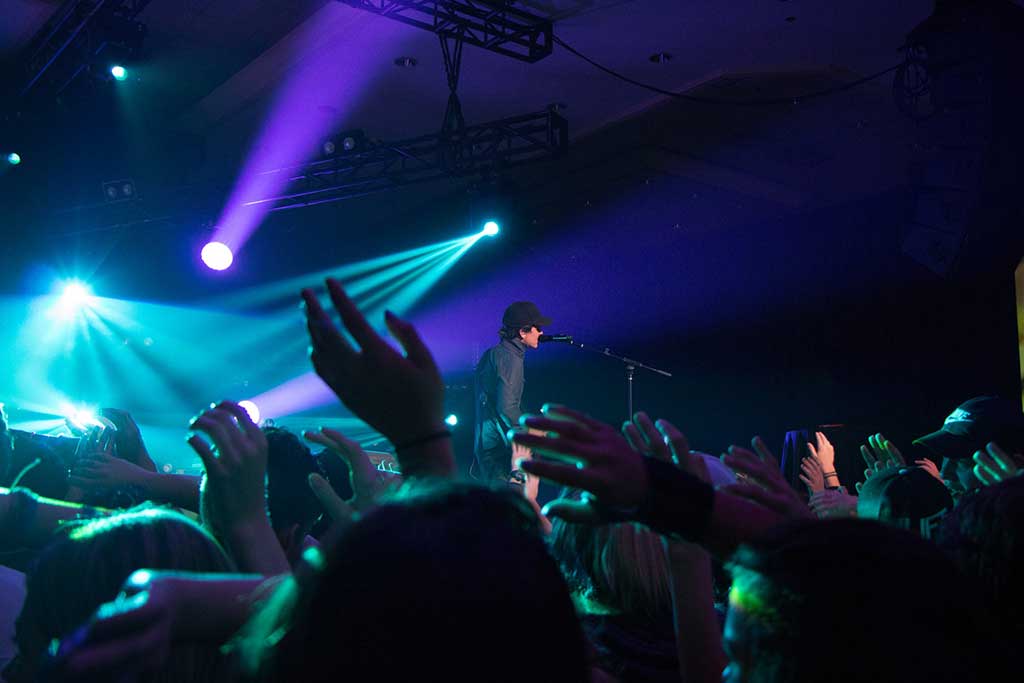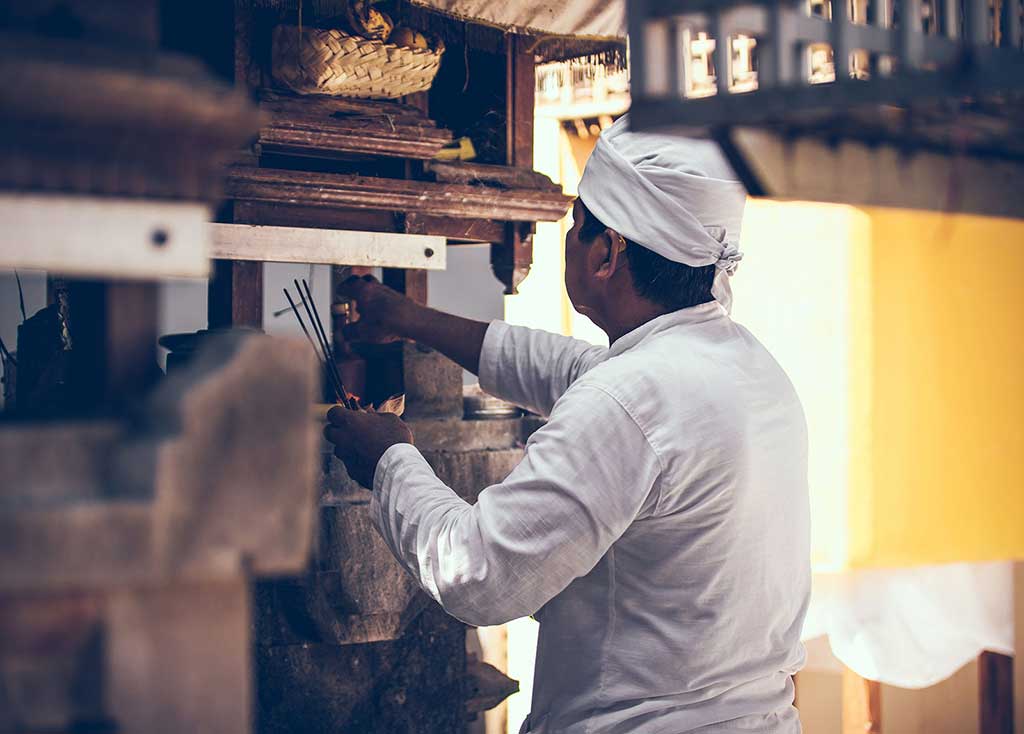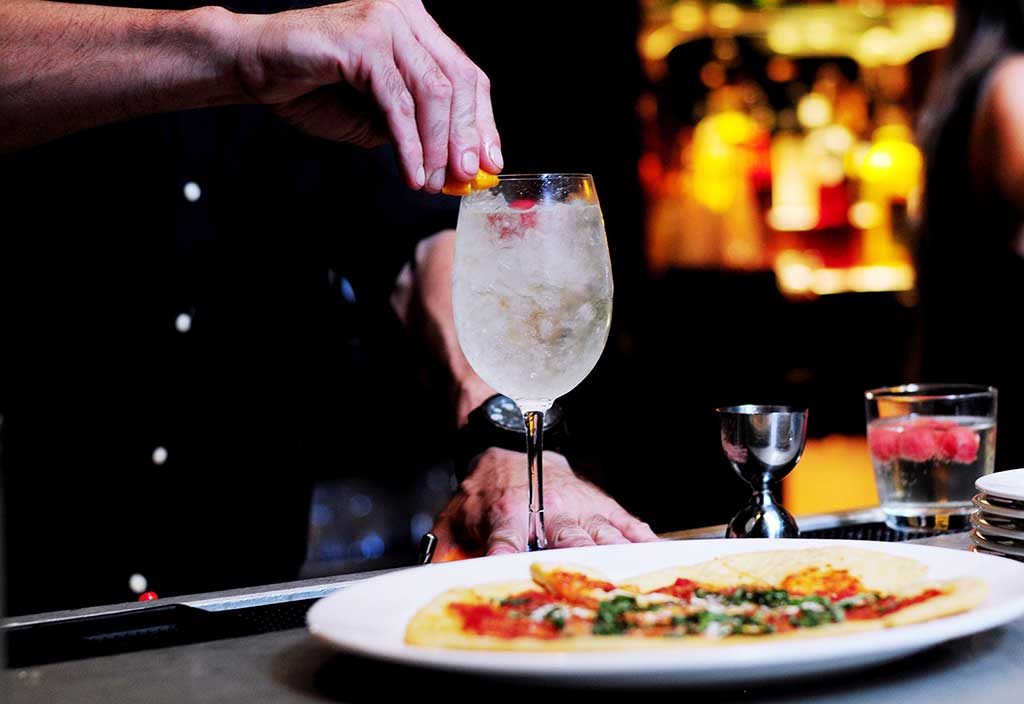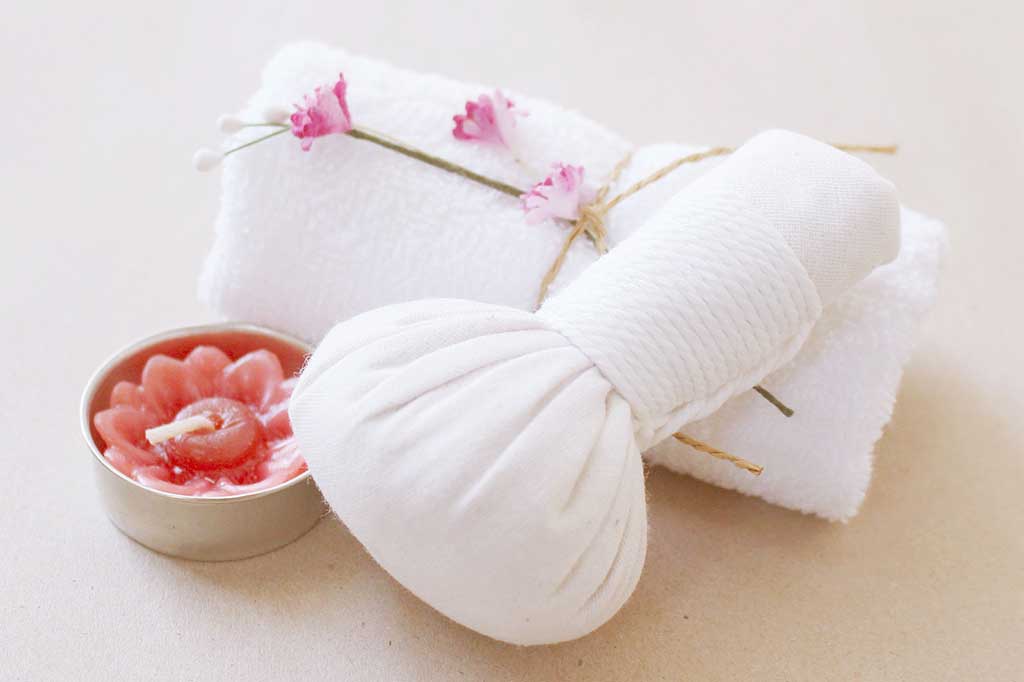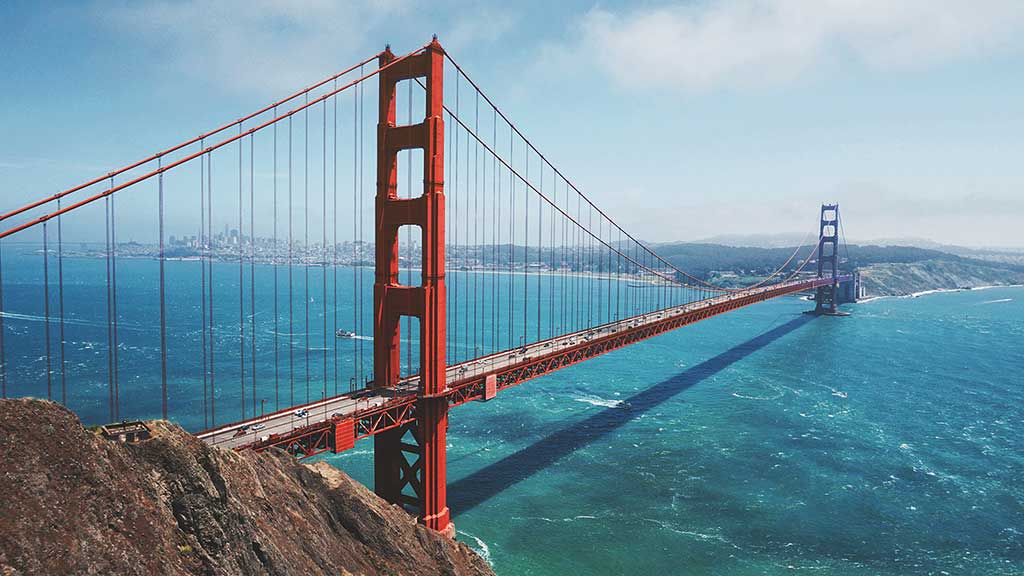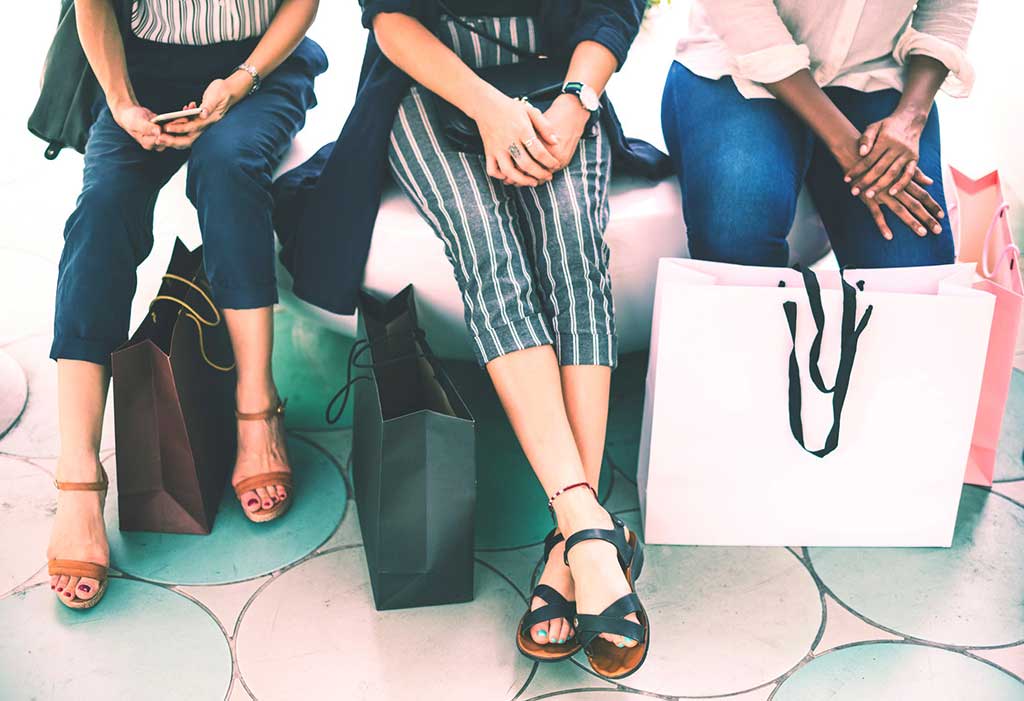Shopping Guide
Muscat Shopping Guide
RETAIL THERAPY – SOUKS (SOUQ = SUQ) AND SOUVENIRS
The capital city of Muscat offers a blend of old and new with numerous souks selling a variety of Arabian handicrafts and a host of modern shopping malls stocking the latest internationally branded goods. While the compulsive shopper may be lured by the city’s malls stocking designer fashion labels, accessories, electronics, watches and perfumes, it is the souks that should be visited to experience true Omani culture.
Souks have been an integral part of Omani life for centuries and often serve a dual purpose as markets and preferred meeting places. They also provide excellent hunting grounds for souvenirs such as the Khanjar and frankincense, both of which have their origins in the country. First-time visitors to a souk will experience a vibrant palette of colours, a heady mix of pungent spices and exotic perfumes all amid the friendly banter of traders.
The Muttrah Souk, in the heart of Muscat, is one of the oldest and most visited of these traditional markets. With its winding alleys packed with tiny shops, items on sale are varied with everything on offer, from T-shirts to jewellery, khanjars, pasminas, antiques, rugs, other handicrafts, and frankincense.

Khanjars are typically handcrafted from 100 percent pure silver and they usually require the skills of at least three different artisans, one each for the dagger, the fine filigree case in which it is carried and the special leather belt that fastens around the waist. The handle is always adorned in pure silver and can be made of genuine ivory, the horn of a rhinoceros or sandalwood. The price of a genuine Khanjar, depending on its age and intricacy of design, ranges from OR15 to OR 1,500 (£21 to £2,100).
Another precious gift that has been popular since biblical times is frankincense. Once considered more precious than gold, this aromatic gum resin was presented by royalty in ancient times. The Silk Road is well known, but the frankincense route passing through Oman’s Dhofar region was once equally, if not more, important. These resins make for ideal gifts and souvenirs and the Omani variety is considered among the best in the world.
The Omani shopping experience is further enhanced by friendly haggling, something almost expected by the tradesmen.
Golden opportunity
Visitors to the gold souk will be dazzled by the displays of gold jewellery. As the locals also consider it a prized possession, the designs have a distinct Arabian influence. Intricately carved jewellery is available, with or without embellishments such as pearls or precious stones, in 18, 22 and 24-carat gold. Prices are based on the day’s gold rate, the weight of the item and a maker’s fee.
Nizwa Souk is a two-hour drive from Muscat and is famed for its silver crafts, antiques, pottery and traditional wooden chests that are hand carved with brass fittings and studs. A souk with a difference is the open-air livestock market where cows, goats and sheep are offered for inspection and sale.

The Sinaw Souk in the Wahiba Sands at the Empty Quarter provides an excellent venue for meeting and interacting with the local Bedouins, or nomadic Arabs, who come to trade their wares. The Al Husn Souk in Salalah is famed for its traditional Arabian perfumes, frankincense and bakhoor – an aromatic combination of sandalwood, frankincense and natural oils. These are complemented by the traditional, brightly painted incense burners sold by the local Bedouin women.
In addition to the comfort of air-conditioned environs, the modern day shopping malls have introduced the concept of all-day shopping and have become social meeting places with entertainment areas and food courts. Bargains can also be found in the form of electronics and almost every brand of home appliance is available in Oman through authorised dealers and at prices far lower than anywhere in Europe.
